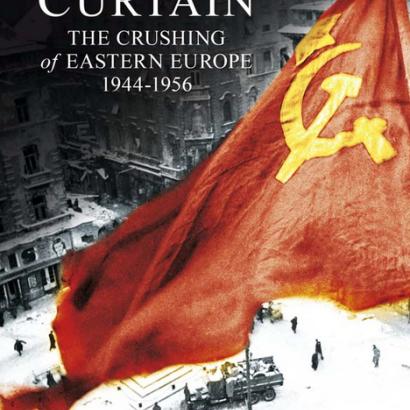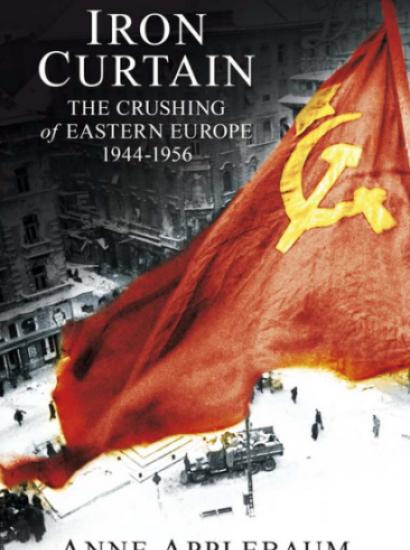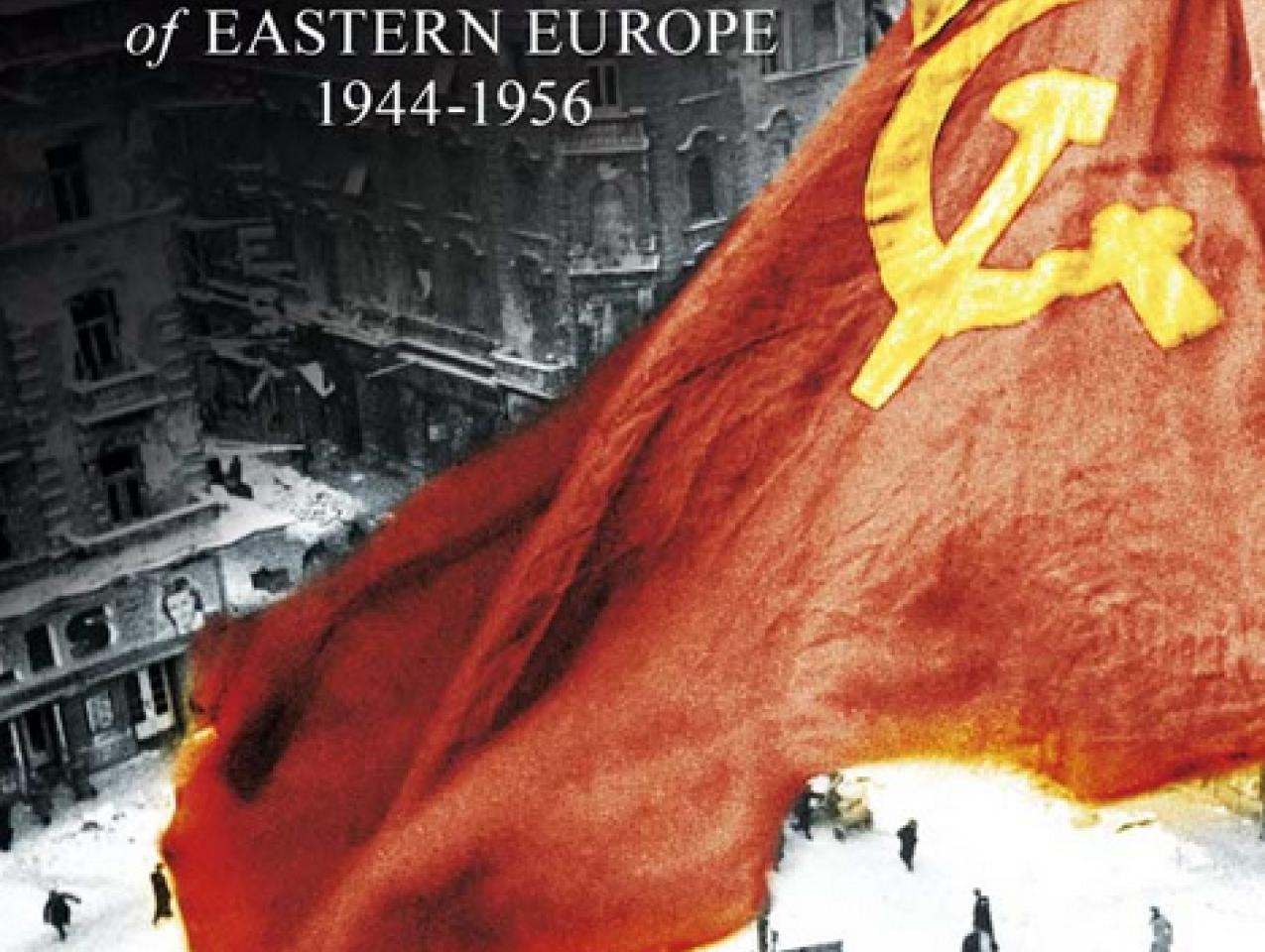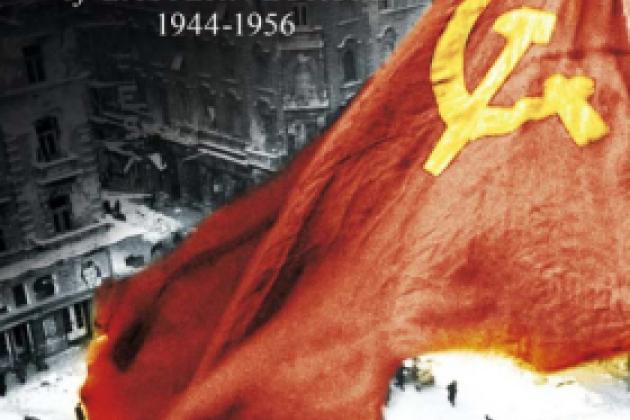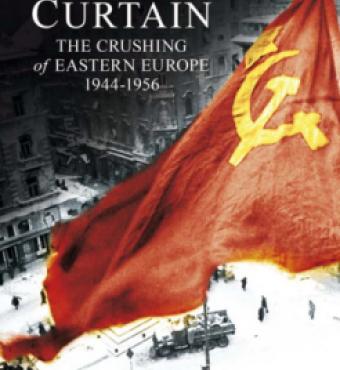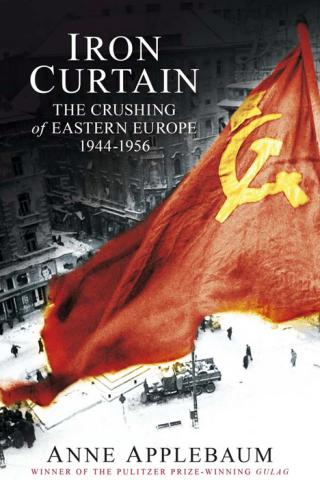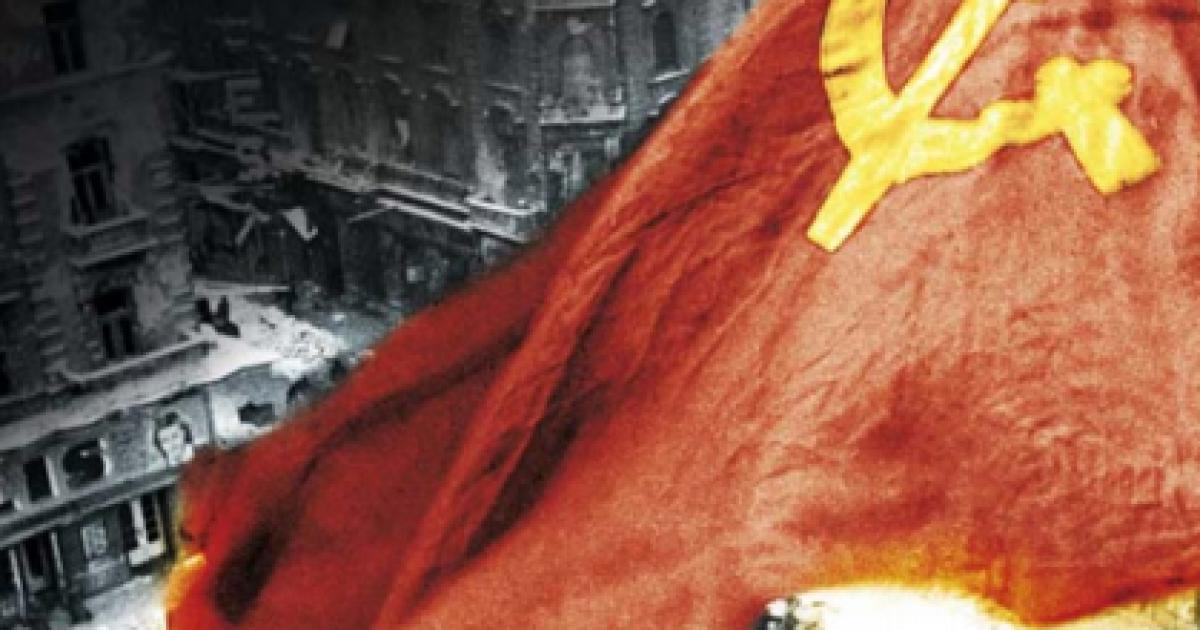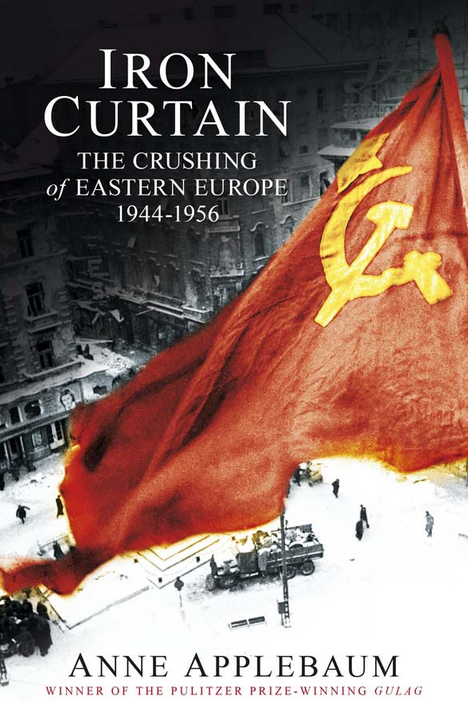
Anne Applebaum's latest book, Iron Curtain: The Crushing of Eastern Europe, 1944–1956, was published by Doubleday on October 30, 2012. In the long-awaited follow-up to her Pulitzer Prize–winning Gulag, acclaimed journalist Applebaum delivers a groundbreaking history of how communism took over Eastern Europe after World War II and frighteningly changed the lives of those who came under its sway.
At the end of World War II, the Soviet Union, to its surprise and delight, found itself in control of a huge swath of territory in Eastern Europe. Stalin and his secret police set out to convert a dozen radically different countries to communism, a completely new political and moral system. With astonishing speed they brought political parties, the church, the media, and the organizations and culture of young people under their control. In Iron Curtain, Applebaum describes how the communist regimes of Eastern Europe were created and what daily life was like once they were complete.
Applebaum has been a regular participant in the annual meetings of the Hoover Institution Workshop on Totalitarian regimes and was a keynote speaker in 2011. For her research, she draws on newly opened East European archives, including the Polish collections of the Hoover Archives; interviews; and personal accounts translated for the first time to portray in devastating detail the dilemmas faced by millions of individuals trying to adjust to a way of life that challenged their every belief and took away everything they had accumulated.
Today the Soviet bloc is a lost civilization, one whose cruelty, paranoia, bizarre morality, and strange aesthetics Applebaum captures in the electrifying pages of Iron Curtain.







